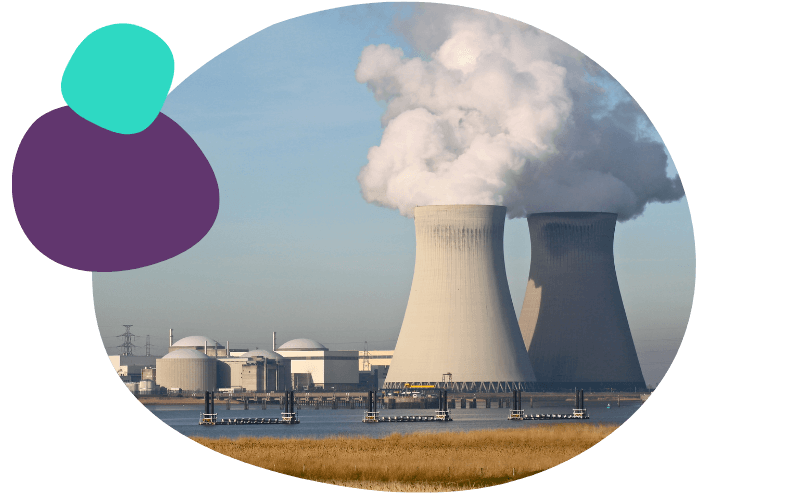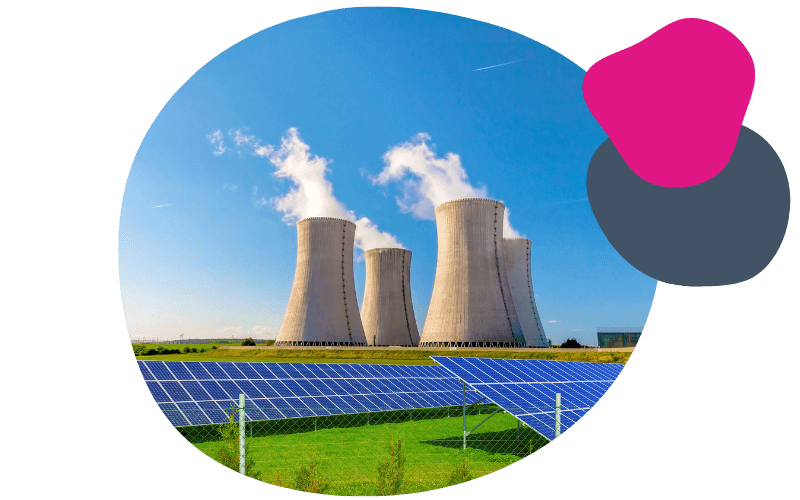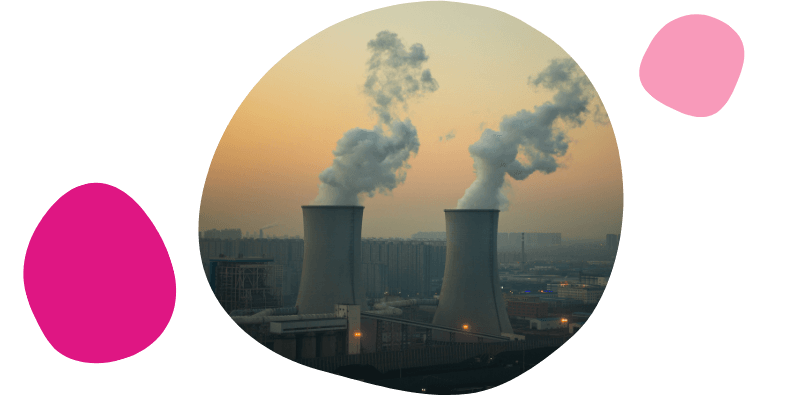Is Nuclear Energy Renewable?
Renewable energy sources are crucial in tackling climate change due to their low greenhouse gas emissions, but we have a growing energy demand globally. Nuclear power generates electricity with a minimal carbon footprint, producing four times less associated CO2 than solar power and half as much as hydroelectricity. While it matches wind power in associated emissions, it's essential to remember that nuclear energy relies on a finite resource.
This raises the question: can nuclear power be deemed as a renewable energy source?
What are Renewable Energy Sources?
The main renewable electricity sources are the sun, wind and tide (waves and waterways), but these aren't the only sources.


